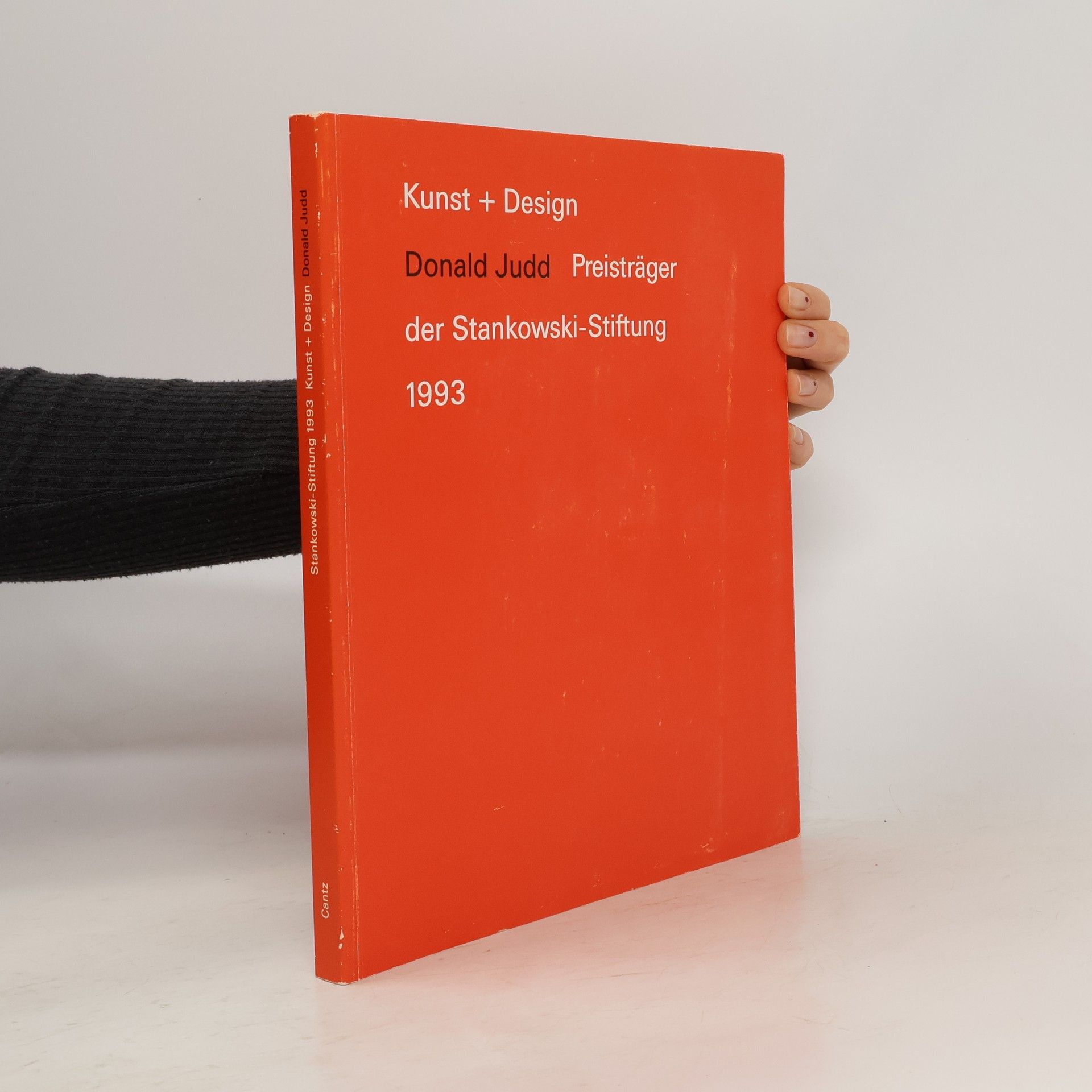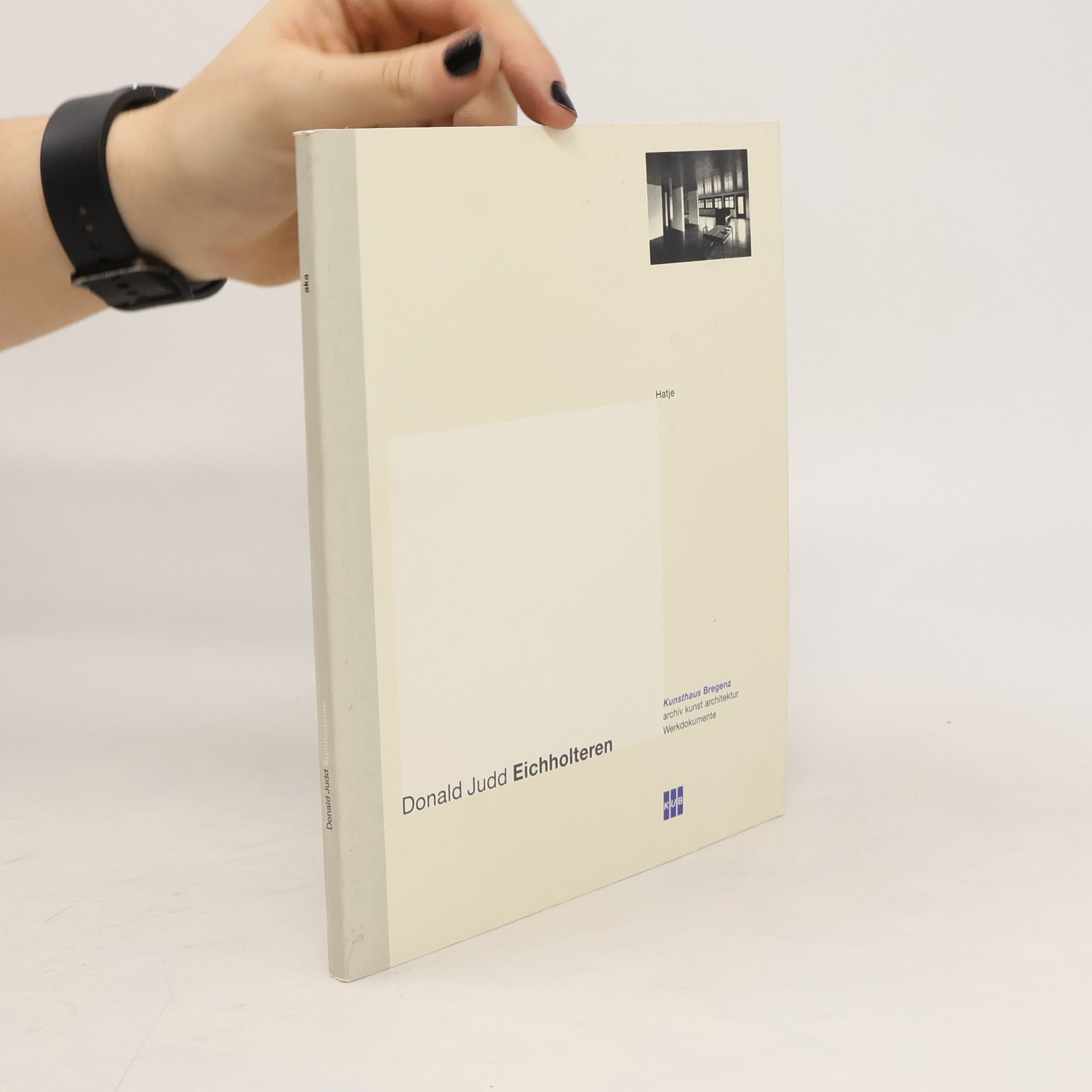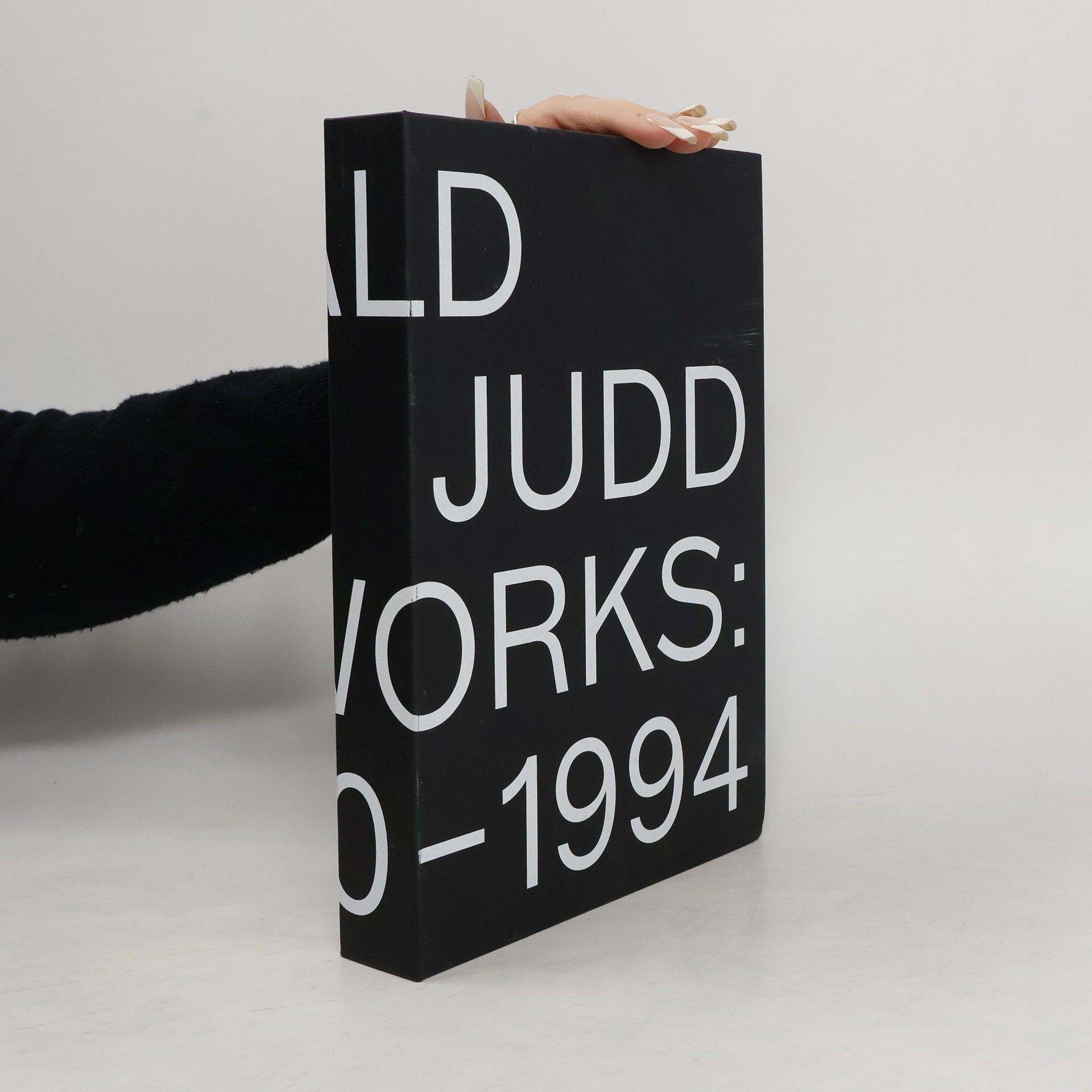Chefs-d'œuvre ?
- 570pages
- 20 heures de lecture
Chefs d'uvre L'exposition d'ouverture du centre Pompidou-Metz.





Chefs d'uvre L'exposition d'ouverture du centre Pompidou-Metz.
Featuring a comprehensive array of Donald Judd's renowned and groundbreaking artworks, this collection also includes a variety of newly commissioned writings that explore his impact and philosophy. The book offers insights into Judd's artistic vision and the significance of his contributions to contemporary art, making it a valuable resource for both enthusiasts and scholars.